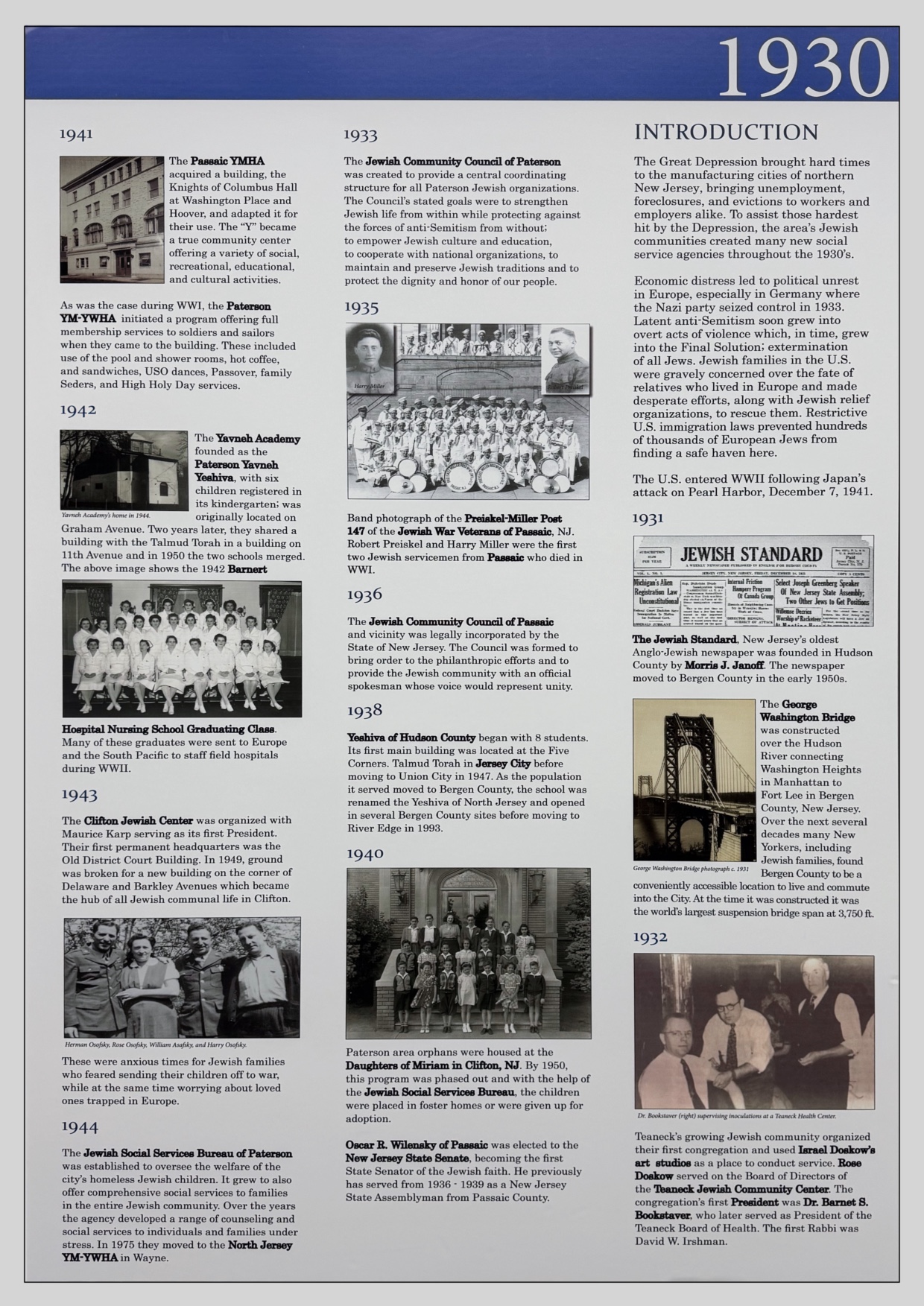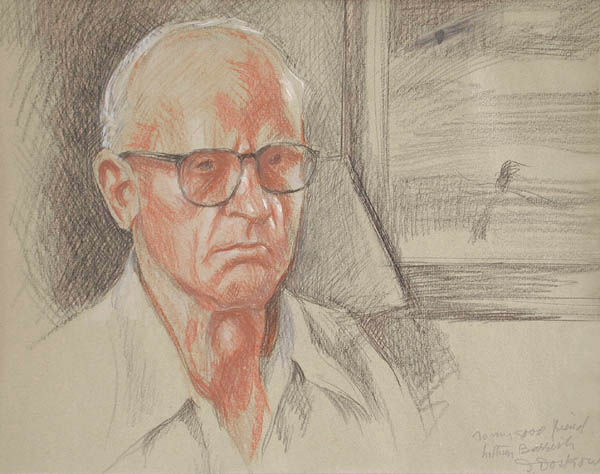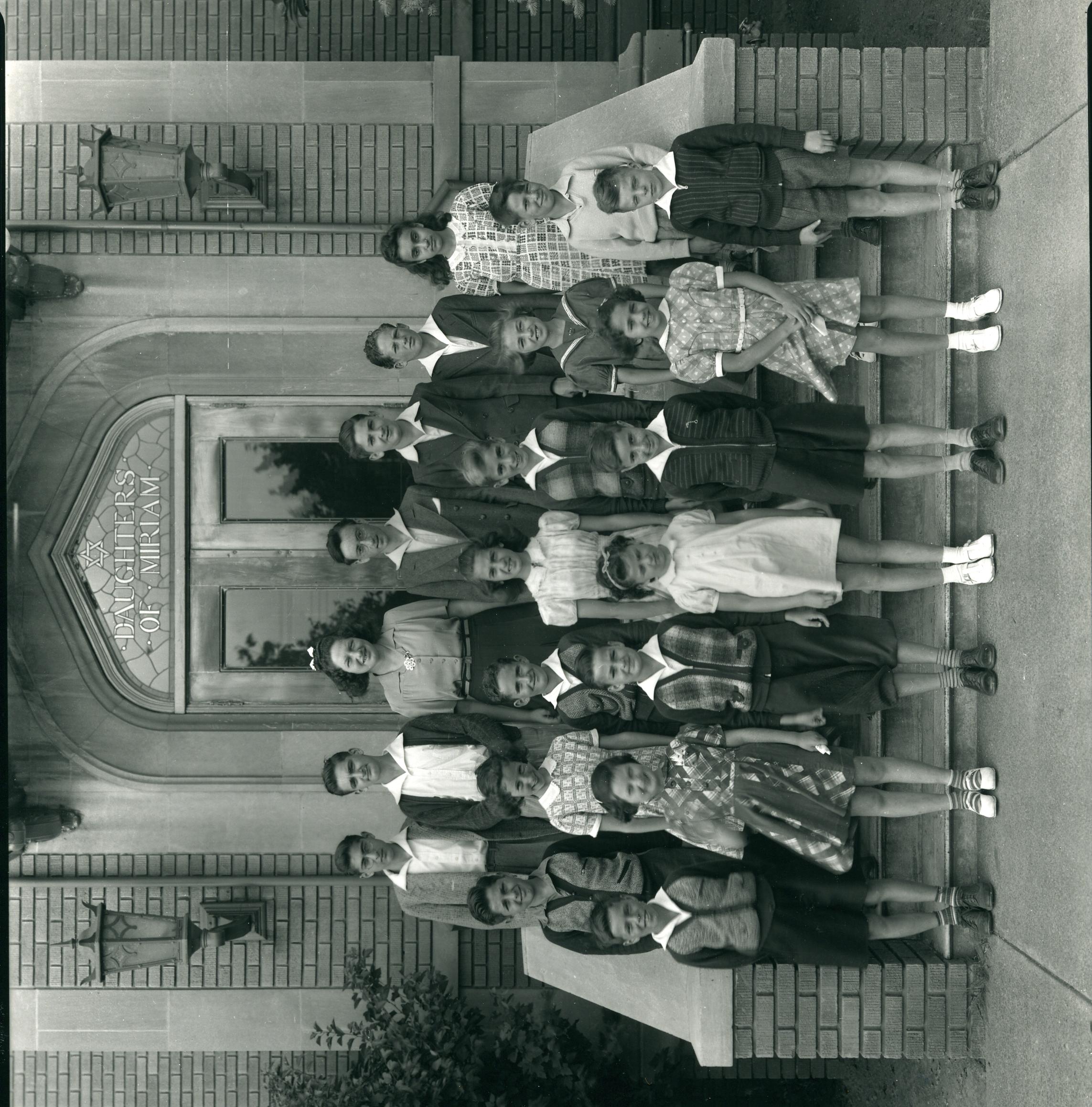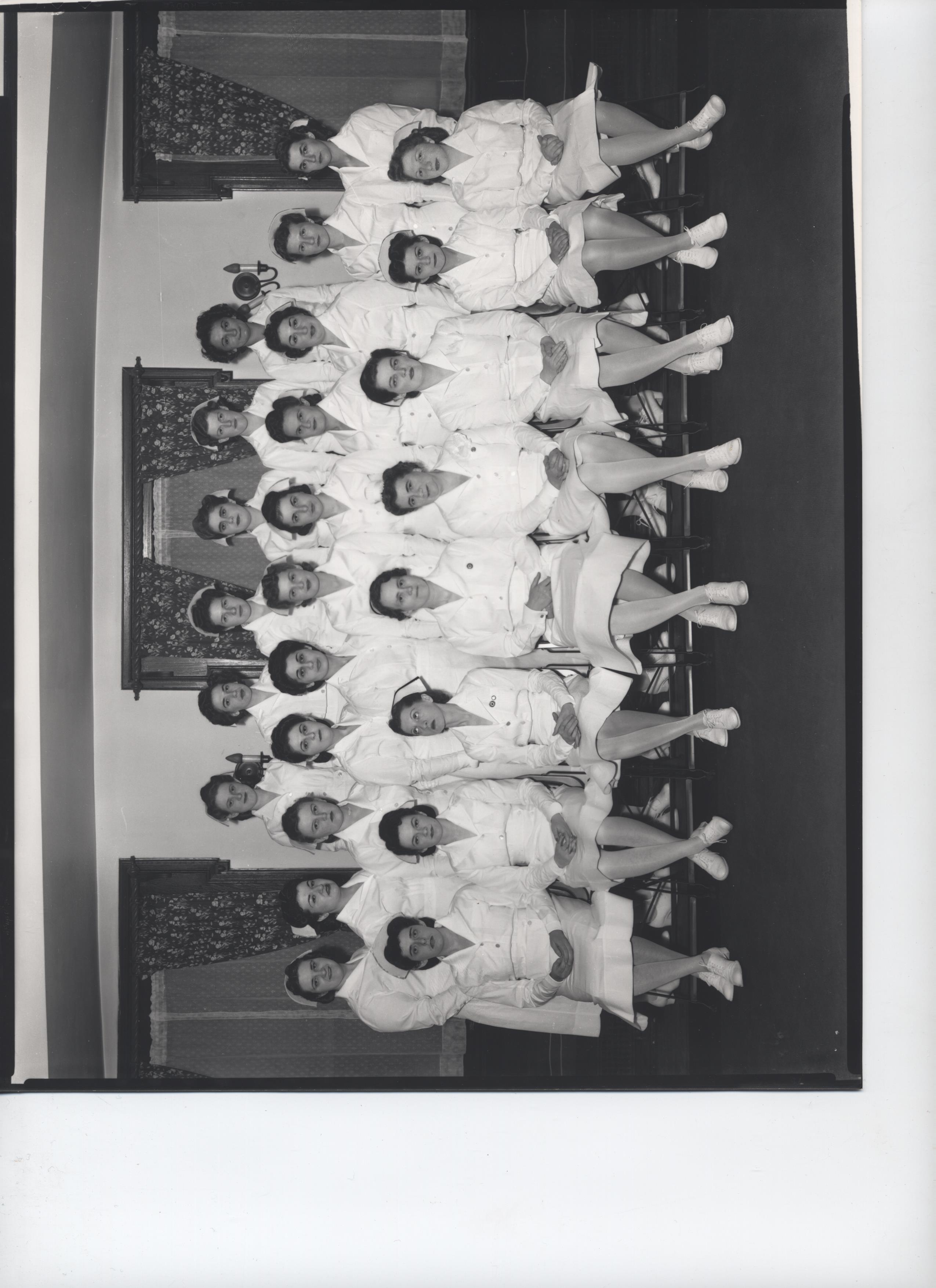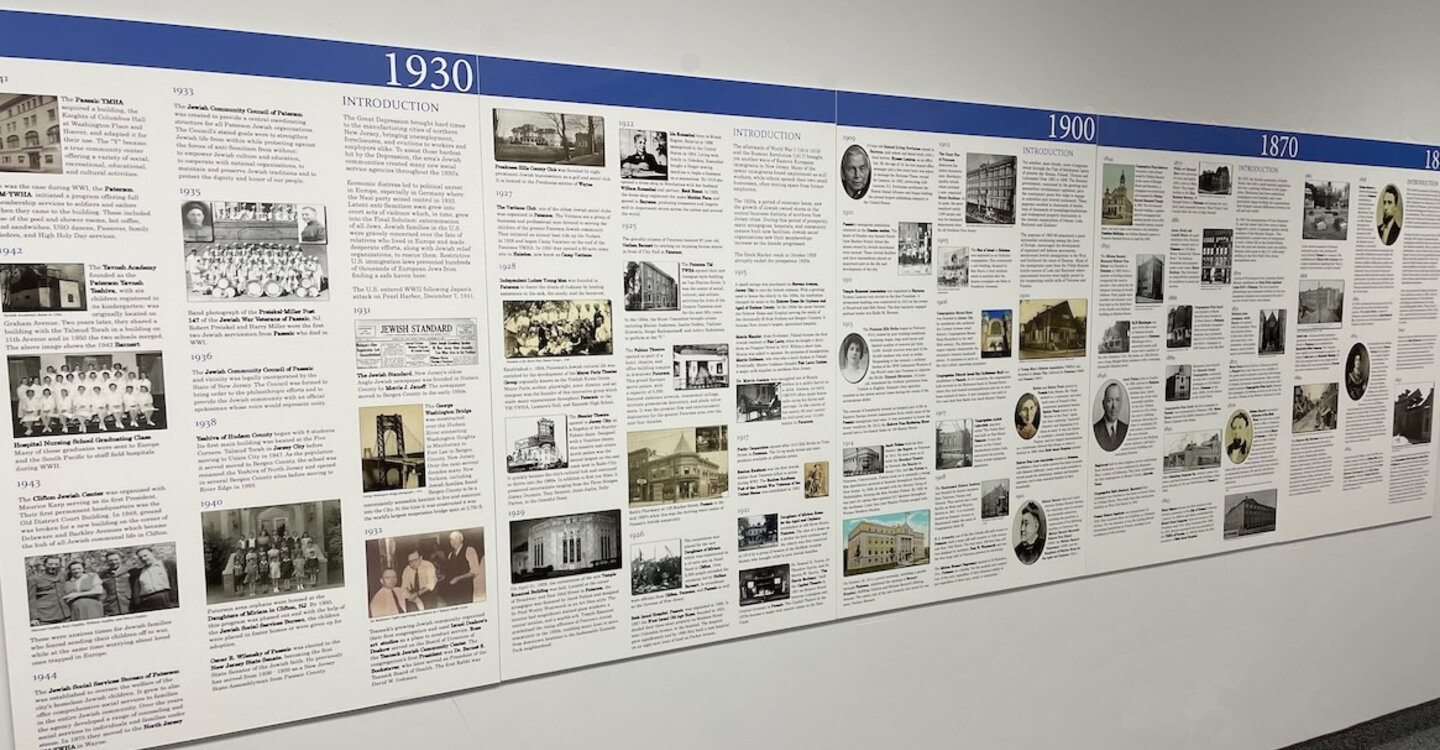
Timeline of the Jewish Community of Northern New Jersey
1930 - 1940's
The Great Depression brought hard times to the manufacturing cities of northern New Jersey, bringing unemployment, foreclosures, and evictions to workers and employers alike. To assist those hardest hit by the Depression, the area's Jewish communities created many new social service agencies throughout the 1930's.
Economic distress led to political unrest in Europe, especially in Germany where the Nazi party seized control in 1933.
Latent anti Semitism soon grew into overt acts of violence which, in time, grew into the Final Solution; extermination of all Jews. Jewish families in the U.S were gravely concerned over the fate of relatives who lived in Europe and made desperate efforts, along with Jewish relief organizations, to rescue them. Restrictive U.S. immigration laws prevented hundreds of thousands of European Jews from finding a safe haven here.
The U.S. entered WWII following Japan's attack on Pearl Harbor, December 7, 1941.
